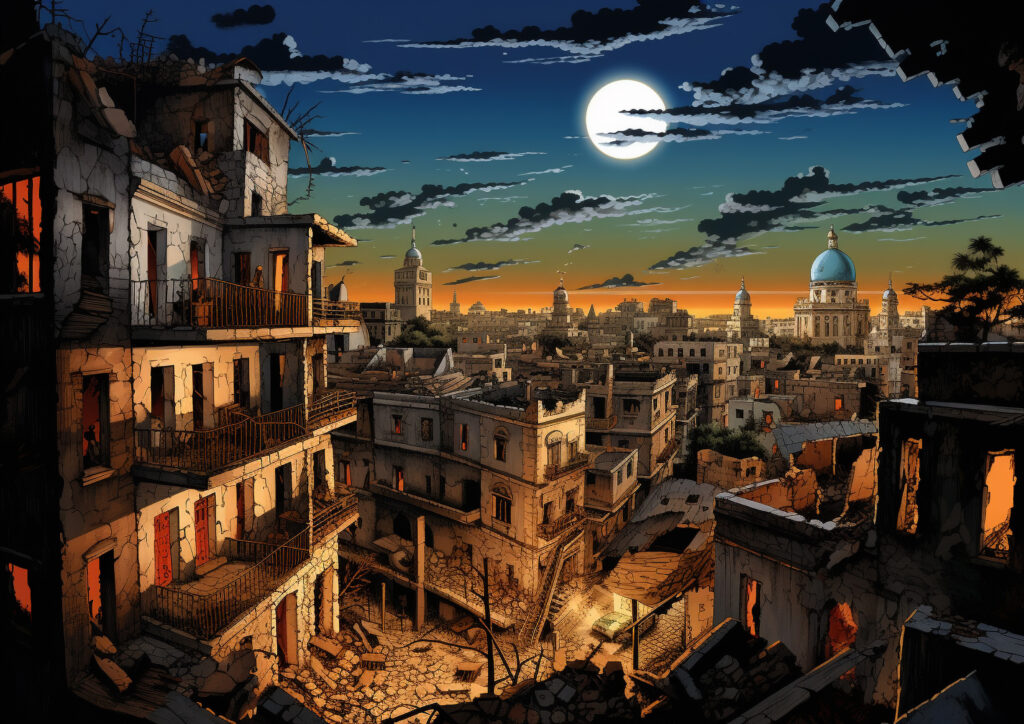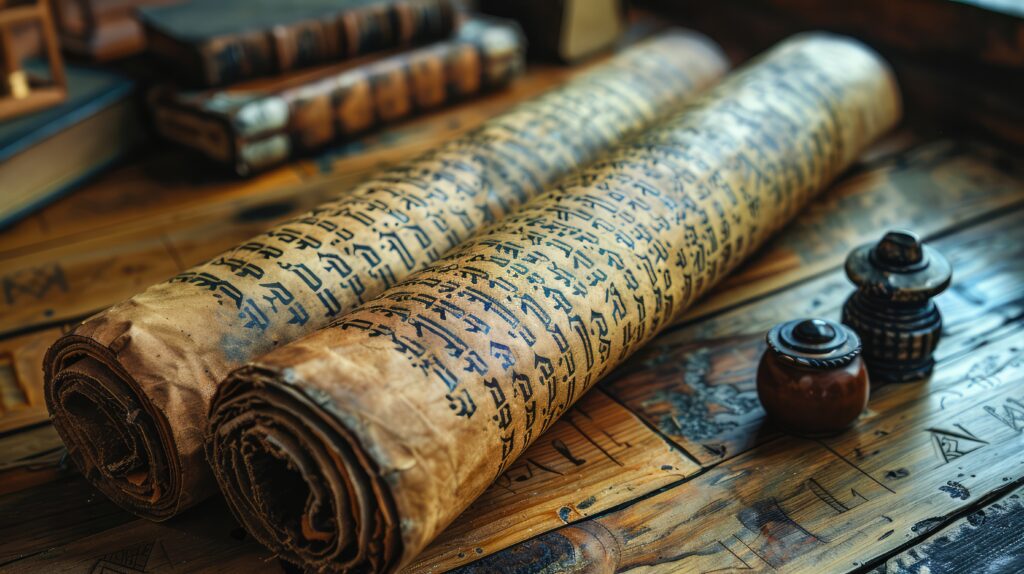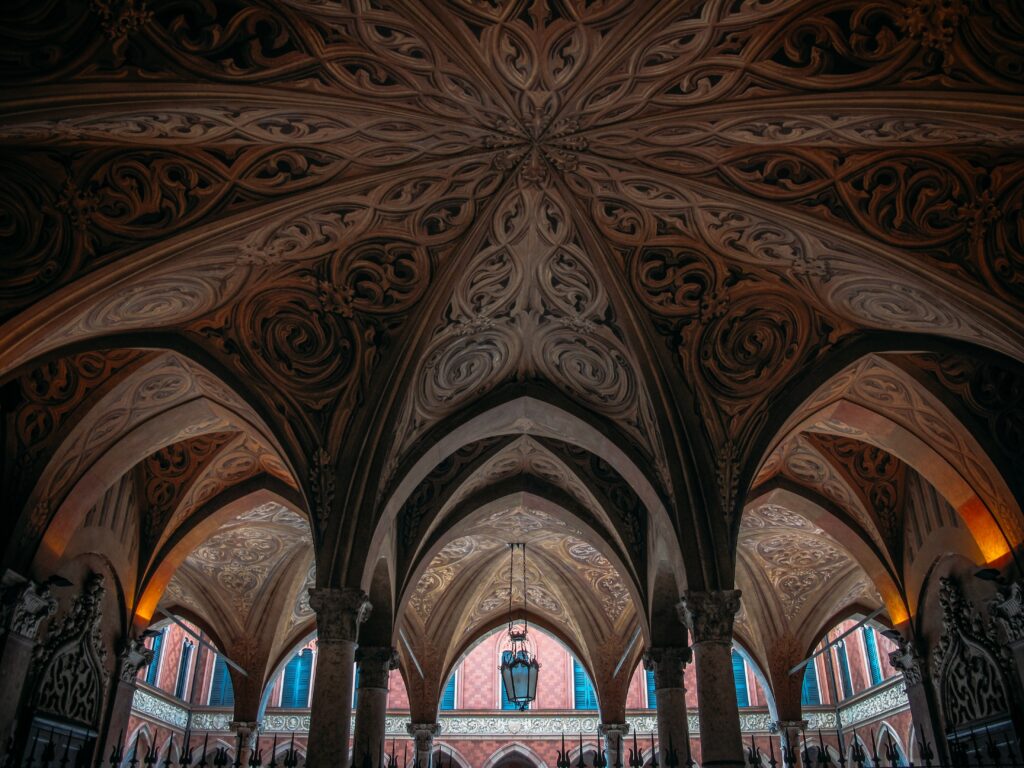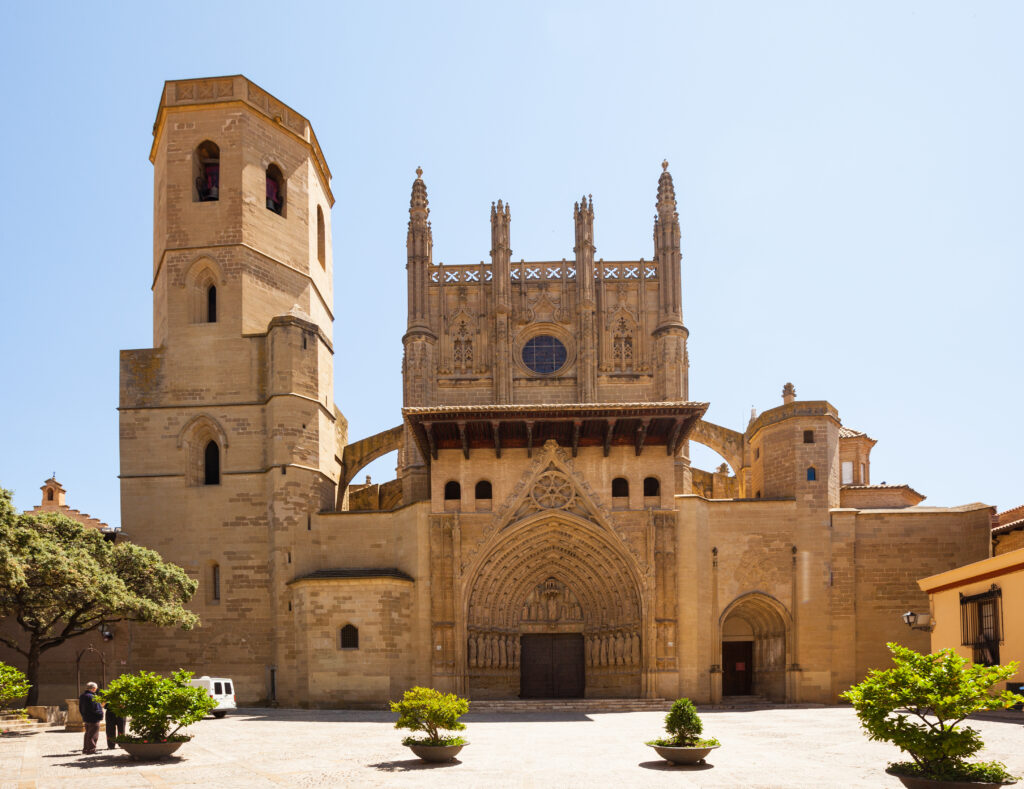Introduction
When we hear the phrase Golden Age, many people think of Europe’s Renaissance. But centuries before Europe awakened, the Muslim world experienced a golden era of science, philosophy, literature, medicine, and culture. Known as the Islamic Golden Age (8th to 14th century), this period transformed human knowledge and laid the foundation for many of today’s scientific and intellectual achievements.
From the bustling streets of Baghdad’s House of Wisdom, where scholars translated ancient texts, to the shining palaces of Al-Andalus (Spain), where art and architecture flourished, this was an age of discovery, curiosity, and creativity. Let’s take a journey through this remarkable chapter of history.
Historical Background
The Islamic Golden Age began under the Abbasid Caliphate, especially during the reign of Harun al-Rashid and his son Al-Ma’mun in Baghdad. They established a society where knowledge was valued as worship, and scholars from different religions—Muslims, Christians, Jews, and Zoroastrians—were welcomed to exchange ideas.
Key reasons behind the rise:
- Translation Movement – Ancient Greek, Roman, Persian, and Indian manuscripts were translated into Arabic.
- Wealth of Empires – Trade routes connected Asia, Africa, and Europe, spreading knowledge along with goods.
- Patronage of Rulers – Caliphs and rulers funded scholars, libraries, and research centers.
The House of Wisdom – Bayt al-Hikmah
The House of Wisdom in Baghdad became the greatest intellectual hub of its time. It wasn’t just a library—it was a research institute, translation bureau, and learning academy.
Here, Greek philosophy met Indian mathematics and Persian astronomy, creating a fusion of ideas that advanced human progress. Scholars debated, experimented, and recorded their findings in manuscripts that shaped the future of science.

Great Scholars and Their Contributions
Medicine
- Ibn Sina (Avicenna) – Wrote The Canon of Medicine, a medical encyclopedia used in Europe for over 600 years.
- Al-Razi (Rhazes) – Researched smallpox and measles, and pioneered the concept of hospitals as training centers.
Mathematics
- Al-Khwarizmi – Father of Algebra; introduced the decimal system and algorithms (his name gave us the word “algorithm”).
- Omar Khayyam – Contributed to geometry and algebra, and is also remembered as a poet.
Astronomy
- Al-Biruni – Calculated the Earth’s radius with surprising accuracy.
- Nasir al-Din al-Tusi – Built observatories and corrected Ptolemy’s planetary models.
Philosophy & Knowledge
- Al-Farabi – Blended Greek philosophy with Islamic teachings.
- Ibn Rushd (Averroes) – His writings influenced European scholars like Thomas Aquinas.

Art, Literature & Architecture
The Islamic Golden Age was also a cultural and artistic revolution.
- Architecture – Mosques and palaces featured domes, arches, and geometric patterns. Famous examples: Great Mosque of Cordoba and Alhambra Palace in Granada.
- Calligraphy & Design – Since Islam discouraged human depictions, art flourished through calligraphy, arabesque, and geometric designs.
- Literature – Works like One Thousand and One Nights (Arabian Nights), the poetry of Rumi, and writings of Al-Jahiz enriched world literature.

Global Impact
The Islamic Golden Age changed the course of human history.
- Preserved and translated ancient Greek and Roman texts.
- Introduced paper-making (learned from China), making books more accessible.
- Developed scientific methods, algebra, hospitals, and universities.
- Directly inspired the European Renaissance.
Without this period, much of the knowledge of Aristotle, Galen, and Ptolemy might have been lost forever.

The Decline
By the 13th–14th centuries, the Golden Age began to decline.
- Mongol Invasions – The sack of Baghdad in 1258 destroyed libraries and knowledge centers.
- Political Fragmentation – Empires split into smaller, weaker states.
- Shifting Trade Routes – Europe’s rise redirected economic and cultural power.
Still, the legacy of knowledge lived on through translations and continued to inspire future generations.
Conclusion
The Islamic Golden Age was not only a period of Muslim achievement—it was a gift to humanity. Scholars, scientists, and artists of this era preserved ancient wisdom while pushing the boundaries of knowledge. Their discoveries in medicine, mathematics, astronomy, and philosophy became the foundation of modern science and education.
It teaches us a timeless lesson: when curiosity, faith, and knowledge come together, civilizations flourish.
A message
The Islamic Golden Age was not just a chapter of history ,but a guiding light that still shines today. This blog was a humble effort to revisit that light. Thank you for joining me on this journey -until we meet again in the next story of history
Is very good and interesting blog .
Truly informative and inspiring. It reminded me how much knowledge and wisdom was preserved and advanced by Muslim scholars.
History made easy to explained it